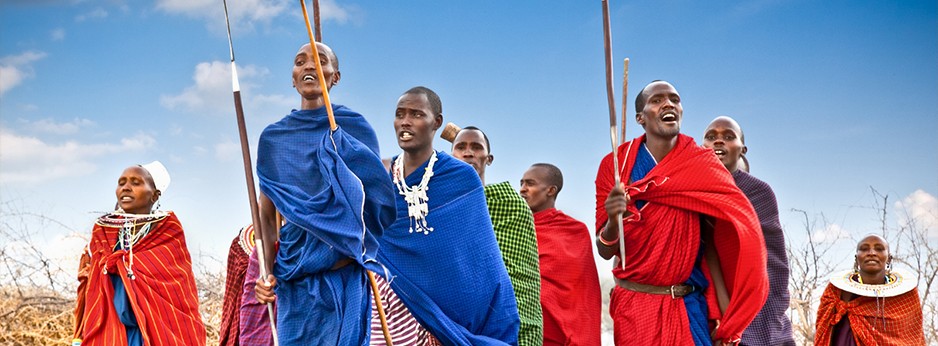Proclaimed by the 38th session of the General Conference of UNESCO (November 2015), African World Heritage Day (5 May) is an opportunity for people around the world, and particularly Africans, to celebrate the Continent’s unique cultural and natural heritage.
While Africa is underrepresented on the World Heritage List (African properties account for some 12% of all inscribed sites worldwide), a disproportionally high percentage (39%) of these properties are on the World Heritage List in Danger. Faced with various contemporary threats, such as climate change, uncontrolled development, poaching, civil unrest and instability, many of Africa’s wonders risk losing their outstanding universal value. It is therefore more urgent than ever that this irreplaceable heritage be protected and preserved for the enjoyment of future generations.
UNESCO is committed to spearhead international efforts to draw on the vast potential of Africa’s cultural and natural heritage as a force for poverty reduction and social cohesion as well as a driver of sustainable development and innovation. Through this international day, UNESCO aims to increase global awareness of African heritage, with a special focus on youth, and to mobilise enhanced cooperation for its safeguarding on the local, regional and global level.
MESSAGE FROM THE DIRECTOR-GENERAL
“As the world enters a second year of this devastating pandemic, engaging with our cultural and natural heritage remains crucial for humanity. This engagement helps us to be more connected, more resilient, more able to protect the legacy of the past and hand it down to future generations. African World Heritage, which we celebrate every year on this day, is essential in this respect – not only for the people of Africa, but for all of humankind. “
— Audrey Azoulay, Director-General, on the occasion of African World Heritage Day
CELEBRATIONS OF THE DAY IN 2021
To celebrate this day, UNESCO in collaboration with the African World Heritage Fund (AWHF) and their partners, will organise a series of events across the continent that will highlight the resilience, opportunities, and wealth to be gained from African heritage, as well as explore solutions to the challenges facing the continent.

A Webinar including UNESCO CLT Conventions
This online debate will bring together young people, policy makers, site managers, and members of the local community to reflect on the impact of COVID-19 on the lives and livelihoods of African communities and heritage sites. Over 200 participants from Africa and around the world will discuss strategies to build resilience and overcome the crisis while ensuring the sustainability of World Heritage in Africa.
08:00 a.m in Dakar
10:00 a.m in Paris
10:00 a.m in Johannesburg
11:00 a.m in Kampala
Download the concept note Watch the webinar

African World Heritage Youth Forum
Due to the COVID-19 pandemic, this year the 5th edition of the African World Heritage Youth Forum will be held online under the theme ‘Youth, Entrepreneurship and Heritage Sustainability: Building the Africa We Want’ from 29 April to 5 May 2021.
The five-day Forum will consist of interactive oral presentations from youth participants and experts from different fields (e.g. business, leadership, heritage, etc.) combined with hands-on activities, group discussions and workshops. The Youth Forum will be implemented fully online using the Zoom platform.
Download the programme

African World Heritage Day Live Instagram Concert #MyAfricanHeritage
With the aim of sharing Africa’s resilience with the world and celebrating its exceptional culture, UNESCO will be organising a live concert on Instagram, featuring performances by artists from across the continent.
This initiative aims at raising young people’s awareness of the African Union’s theme for 2021 through the use of digital technologies and social networks, further engage Africans in the promotion and transmission of World Heritage in Africa, support and promote African artists at the international level and increase international visibility of African Heritage and the vibrancy of its culture.




